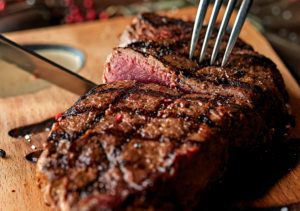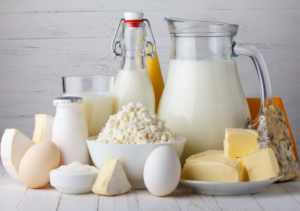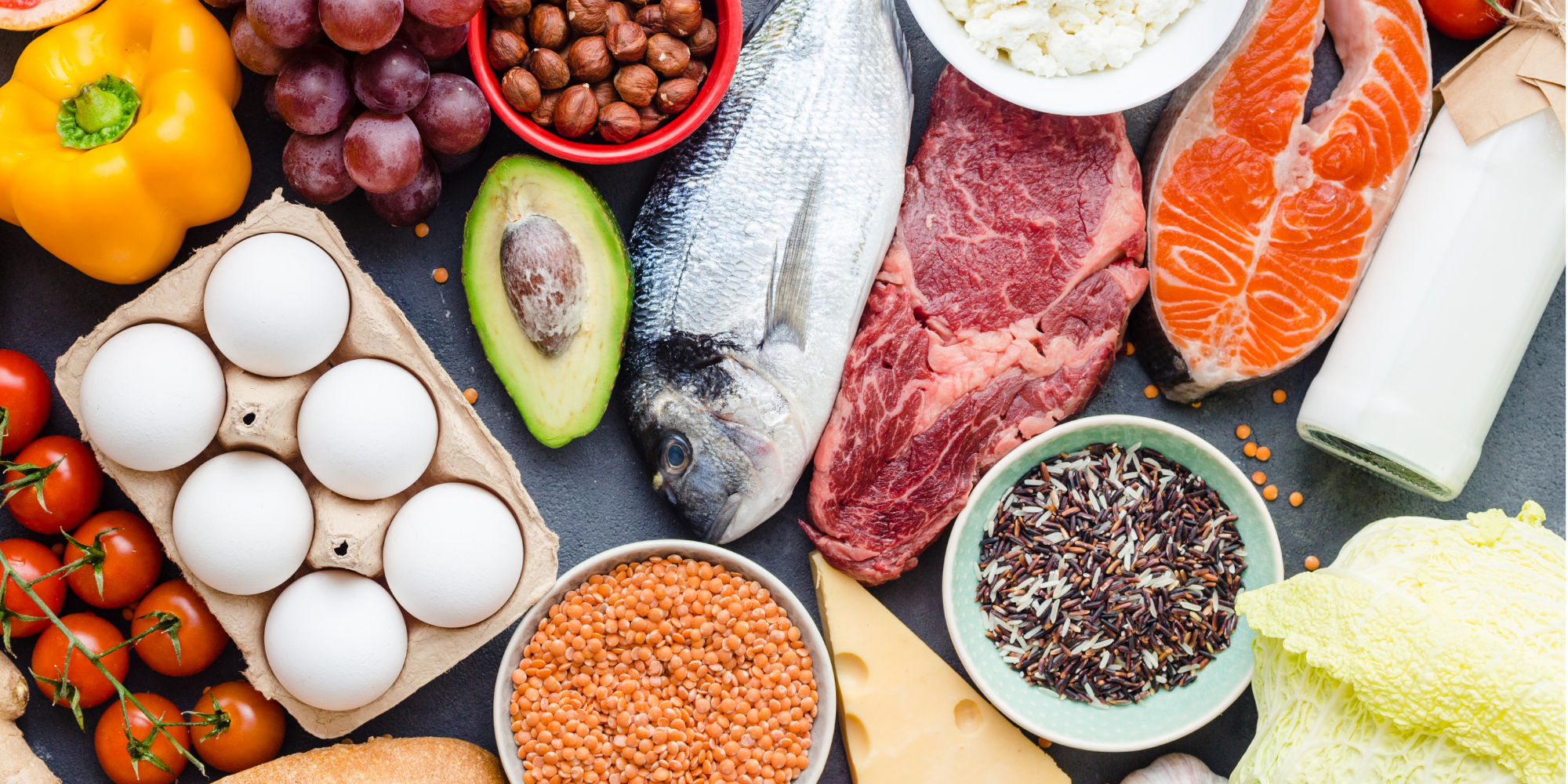Some determined activists will say almost anything to convince people to go vegan. One example of this is “What The Health,” a film you might have seen while scrolling through Netflix. If you’ve watched the movie, it may have left you feeling confused about the nutritional value of meat, milk, poultry and eggs.
Several scientists, dietitians and agriculture advocates have started speaking out against the film and helping viewers find factual information to make decisions about their diets. Nina Teicholz, author of The Big Fat Surprise analyzed each health claim made in the film and concluded that 96 percent were bogus and not based on sound science. Dr. Harriet Hall, a retired family physician says the film “cherry-picks scientific studies, exaggerates, makes claims that are untrue, relies on testimonials and interviews with questionable “experts,” and fails to put the evidence into perspective.”
Here are some of the main claims from the film debunked:
Red and processed meats cause cancer

The World Health Organization (WHO) report that brought this controversy to the forefront relied on a few weak studies and ignored numerous other studies that have affirmed the nutritional benefits of consuming meat. Since the report was released, the WHO said “meat provides a number of essential nutrients and, when consumed in moderation, has a place in a healthy diet.”
A 2015 meta-analysis of 27 studies concluded that the link between cancer and red meat consumption is actually pretty weak. In another 2015 meta-analysis of 19 studies, scientists concluded “the results from our analyses do not support an association between red meat or processed consumption and prostate cancer.”
Sodium nitrite, a salt used to cure meats like sausage, bacon and ham is often brought to the table when discussing cancer and processed meat; but the U.S. National Toxicology Program (NTP), which is considered the “gold standard” in determining whether substances cause cancer, completed a multi-year study that found nitrite was not associated with cancer. NTP maintains a list of chemicals found to be carcinogenic. Sodium nitrite is not on that list.
Sugar and carbohydrates don’t cause diabetes, instead it is caused by eating meat
According to the American Diabetes Association (ADA), type 2 diabetes is caused by genetics and lifestyle factors. Starchy foods can be a part of a healthy meal plan, but portion size is key. Being overweight does increase your risk of developing type 2 diabetes, and a diet high in calories from any source contributes to weight gain. Research has shown that drinking sugary drinks is linked to type 2 diabetes. The ADA recommends that people should avoid intake a sugar-sweetened beverages to help prevent diabetes.
A 2016 study and meta-analysis regarding sugar and diabetes concluded, “habitual consumption of sugar sweetened beverages was associated with a greater incidence of type 2 diabetes.”
Eating one egg is the same as smoking five cigarettes
Yes, they actually made this outrageous claim. There’s no way an egg has the same health effects as smoking cigarettes. Eggs are packed with 6 grams of protein, 14 essential nutrients (including choline and vitamin D) and they’re only 70 calories each – how can you beat that combo?!
The 2015-2020 Dietary Guidelines for Americans recommend three healthy eating patterns…all of which include eggs. According to a 2015 peer reviewed study about the effects of egg and egg-derived foods on human health, “eggs represent a very important food source, especially for some populations such as the elderly, pregnant women, children, convalescents and people who are sports training.”

Pregnant women who eat meat, milk and eggs are introducing toxins to their child
Wrong again. According to the American College of Obstetricians and Gynecologists, a pregnant woman should eat lean red meat, poultry, fish, dried beans and peas to obtain the daily recommended dose of iron during pregnancy. A 2013 study states pregnant women “should eat foods that contain adequate amounts of choline” and milk, meat and eggs just happen to be choline-rich! Now you may say – pregnant women can skip meat, milk and eggs if they take a prenatal vitamin, right? Nope. The study also states that “prenatal vitamin supplements do not contain an adequate source of choline.”
Milk contains pus
Let’s put this misinformation, frequently used to try to scare you out of drinking milk, to rest. Here’s an awesome explanation from Carrie Mess, a Wisconsin dairy farmer…
Somatic cell count (SCC) is a measurement of how many white blood cells are present in the milk. “White blood cells are the infection fighters in our body and so an elevated white blood cell presence or on a dairy farm an elevated SCC is a signal that there may be an infection that the cow is fighting. Dairy farmers are paid more money for milk that has a low SCC, if our cell count raises above normal levels they will dock the amount we get paid for our milk, if it raises even higher they stop taking our milk and we can’t sell it. So not only do we not want our cows to be sick, it would cost us a lot of money and could cost us our farms if we were to ignore a high SCC. While the current US regulation is that milk must have a cell count under 750, dairy coops and companies generally require under 400 and most dairy farms aim for a SCC under 200. So, does this mean that we are allowing some pus into your milk? No. All milk is going to have some white blood cells in it, that’s the nature of a product that comes from an animal, cells happen.”

For these and more claims from the film debunked, check out this resource from the Animal Agriculture Alliance. The Alliance also provides detailed reports to its members on popular books and movies pushed by animal rights activists along with films that are positive towards farmers and ranchers.
This film is tagged as a “documentary,” but I would argue it should be categorized as a comedy because it has so many absurd allegations about food and agriculture.
As always, if you have concerns about your health or the foods you eat, you should consult your doctor!
All posts are the opinion of the author and do not necessarily represent the view of the Animal Ag Alliance.







